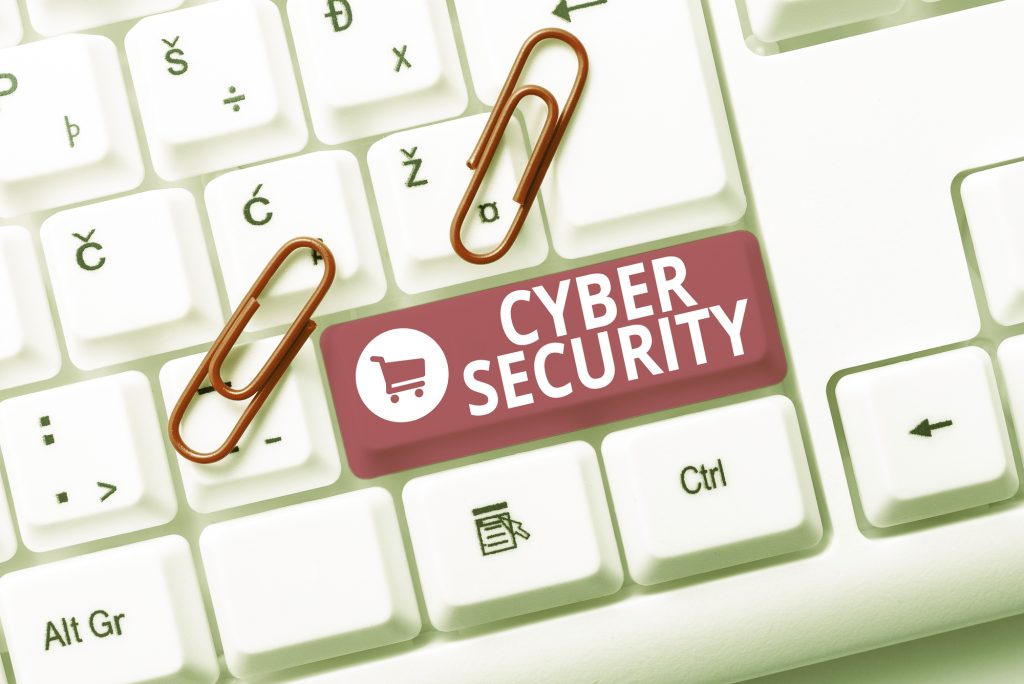- September 14, 2023
- Catagory Security
SMBs Must Confront Cybersecurity Challenges Head On
If you’re a small or medium-sized business (SMB), you’re a prime target for threat actors who want to poke holes in your cybersecurity.
While enterprises are valuable targets due to the wealth of data they transmit and store, today’s digital landscape means size doesn’t matter – every business is storing information that is worth stealing. However, SMBs face greater resource constraints, not only in terms of cybersecurity, but IT in general, even though they still handle plenty of sensitive customer data, including financial and health information, as well as valuable intellectual property.

If you’re an SMB, you probably work with bigger companies, which means you’re part of a supply chain. And while you think you’re too small to matter, you can be a vector for bad actors to attack your business partners.
Today’s cybersecurity landscape means SMBs must be aware of the common threats to their business, as well as understand how to contribute to a more secure supply chain.
What SMBs are up against
Viruses and malware remain the most common threats to your cybersecurity. Keep in mind it’s not only external threats that SMBs must be mindful of – your employees can help to open the door to threats through human error by opening a suspicious email, clicking on an attachment, or not taking more care to select unique, strong passwords.
Insiders may even intentionally compromise your cybersecurity by using their credentials to access data they shouldn’t. Even an honest mistake by an employee can open the door to sensitive information, leading to a breach or even a ransomware attack that cripples your operations and damages your reputation. Social engineering in the form of phishing attacks trick employees into divulging information or allowing unauthorized access to applications and systems.
The most common approach threat actors use to disrupt business and cause SMBs downtime are Distributed Denial of Service (DDoS) attacks, which flood your web servers with fake requests as to render them useless to everyone, including your employees and your customers.
As new technology emerges, the cybercriminals find new opportunities. As SMBs move the cloud, so do threat actors by “cloud jacking” – they target vulnerabilities in the cloud infrastructure. Hackers are also using the latest technologies to launch their attacks, such as networks of botnets to distribute spam and steal data. Advances in artificial intelligence and deepfake technology make it even easier for SMBs to be tricked by fake content that might cause an employee to share privileged information or their access credentials.
No matter the technique, a data breach can lead to a disruption of your business or downtime – both of which always lead to lost revenue.
Cybersecurity essentials
It’s easy for SMBs to get overwhelmed by today’s cybersecurity requirements, but you can better protect your business from the many threats lurking in the digital landscape.
- Assess: You need to know where your vulnerabilities are, especially when it comes to remote work, which should be enabled by a Virtual Private Network (VPN).
- Educate: Your employees play a key role in securing your organizations through awareness training and good security hygiene, including the use of strong passwords, multi-factor authentication (MFA), and access management technologies.
- Update and patch: Make sure you are using anti-virus software and keeping it updated, as well as applying any patches to applications and systems.
- Secure your networks: Aside from VPNs, be sure deploy robust firewall security along and intrusion detection systems, and regular network monitoring.
- Back up critical data: It’s not a question of if a disruption will occur, but when. Being able to restore data allows you to recover from an attack quickly and avoid downtime.
The most important thing to remember is that your cybersecurity posture is never assured – you must continue to run regular audits, as well as update incident response and disaster recovery plans.
Given the resource constraints commonly faced by SMBs, consider turning to a managed service provider with cybersecurity expertise. They can help you conduct an assessment and maintain a state of ongoing readiness that allows you to handle the whatever threat comes your way.




 Latest Blogs
Latest Blogs FAQ
FAQ